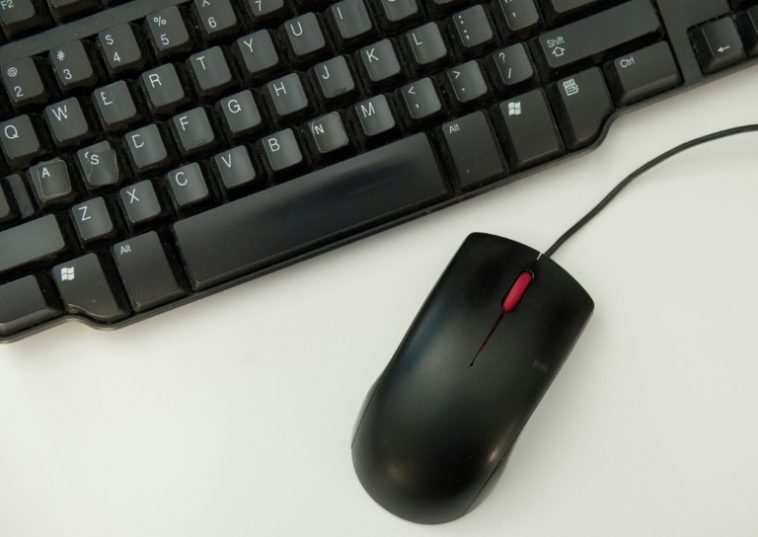Daily Lotto results: Sunday, 23 February 2025
The infant was cleared for treatment in Turkey but before the paperwork was complete a container ship, believed to be the Panama-flagged MSC Alice, docked outside Mogadishu port, accidentally dragging its anchor through the main fibre optic cable connecting Somalia with the rest of the world.
Since that evening of June 24 most of the Horn of Africa nation has been cut off from the web, costing it an estimated $10 million (nine million euros) a day in lost business according to the government, and freezing the lives of those, like the sick child, whose hopes depend on international connections.
– Internet-enabled diaspora –
There are a wealthy, fortunate few with the wherewithal to get online via satellite link-ups, but the vast majority of the 6.5 million people in Somalia’s south-central region are in the dark, said Mohamed Ahmed Jama, chief executive of Dalkom, a Somali telecommunications company that is part of the consortium providing the Eastern Africa Submarine Cable System.

Millions of Somalis have been cut off from the internet
The blackout has wreaked havoc in Somalia, where decades of conflict have combined with irrepressible entrepreneurialism to create a far-flung diaspora of almost two million people who earn money abroad and send it home to their relatives. The internet is what connects these Somalis with Somalia.
“In Somalia the telecommunications sector has thrived, even during some of the worst years of conflict,” said Ahmed Soliman, Somalia researcher at the Chatham House think tank in London. “Urban Somalis have become increasingly connected online since fibre-optic was rolled out in 2014.”
The World Bank estimates that at $1.4 billion annually, international remittances make up a quarter of national GDP.
Habiba Mohamud, a customer relations officer at Mogadishu’s International Bank of Somalia, said the international transfers department has been cut off since last month’s anchor incident.
Mohamud has been personally affected too. Unable to check her email in recent weeks she struggles to communicate with her family, most of whom live in Nebraska in the United States. With international phonecalls expensive, she commonly gets in touch via the WhatsApp and Viber messaging services.
“It has affected every part of my life: social life, family life, love life, work life,” Mohamud said.
– Information means survival –
The internet plays a still more existential role for residents of the seaside capital where al-Qaeda-linked Shabaab insurgents carry out regular attacks and where potentially life-saving information is shared fastest on social media and messaging networks.
Hassan Istiila, chief editor of the local Radio Dalsan, which claims four million listeners, said Twitter is a key tool for gathering and broadcasting information on terror attacks and other events.
Ships dragging anchors through undersea internet cables are not uncommon occurrences along Africa’s east coast and elsewhere — in 2012 six African countries were cut-off in one go — but they rarely take weeks to fully repair.
More than a fortnight since the blackout the MSC Alice’s owner, Geneva-headquartered Mediterranean Shipping Company, said it was looking into the incident.
“Following reports that an underwater cable was damaged, MSC is investigating the incident with other relevant parties and these investigations are at an early stage,” the company said in a statement.
The Somali government and Dalkom hope engineers will have the cable fixed and internet services restored perhaps later this week.
It will not come a moment too soon for Somalis whose lives are in limbo such as the sick child’s mother, for whom a downloadable visa form and online submission are all that stands between her child and medical care in Turkey.
Download our app